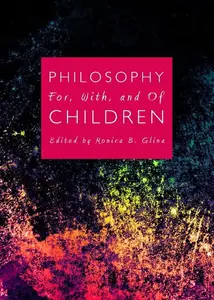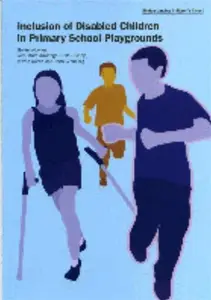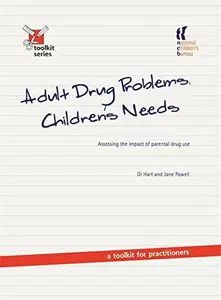
Free Download Philosophy For, With, and Of Children By Monica B. Glina; Monica B Glina
2013 | 218 Pages | ISBN: 1443844802 | PDF | 1 MB
On one level, Philosophy for Children (P4C) exists, takes place, and is understood, as a set of relatively theory-neutral practices: we share a story or other kind of stimulus that is both meaningful and philosophically problematic; we raise questions about it that will help us inquire into what is problematic; we inquire together as a ‘community of philosophical inquiry,’ mostly through a process of dialogue; we explore ways to experiment with these dialogical judgments in writing, in works of art, in action, and in life; and we self-assess our own thinking and our work as a community of inquiry in order to collectively self-correct. On another level, P4C exists, takes place and is understood as a set of theory-laden and agenda-laden practices that are undertaken as means to certain kinds of desired outcomes. These are the program’s aims and objectives, and they come from three places: the core practices inherent in P4C; those that have become obvious to practitioners or have developed out of extensive practice; and those that have developed out of philosophical and empirical research in philosophy and education, including epistemology, learning theory, argumentation theory, and the politics of discourse and political theory. This last kind of work presents the challenge to P4C to find out if there is such a thing as a core theory that justifies the core practices, and if so, whether the integrity offered by such a theory is either shored up or compromised by being pulled in any of these other directions. The diversity of curriculum materials, pedagogical protocols, and grounding theories P4C has spawned signifies not merely different approaches to, but different conceptions of what it means to teach philosophy to children or to engage children in philosophical practices. The chapters in Philosophy For, With, and Of Children present a broad range of directions for P4C and illustrate the considerable diversity of agendas that can be brought to it, as well as the ways in which these agendas sometimes complement and sometimes undermine one another.

